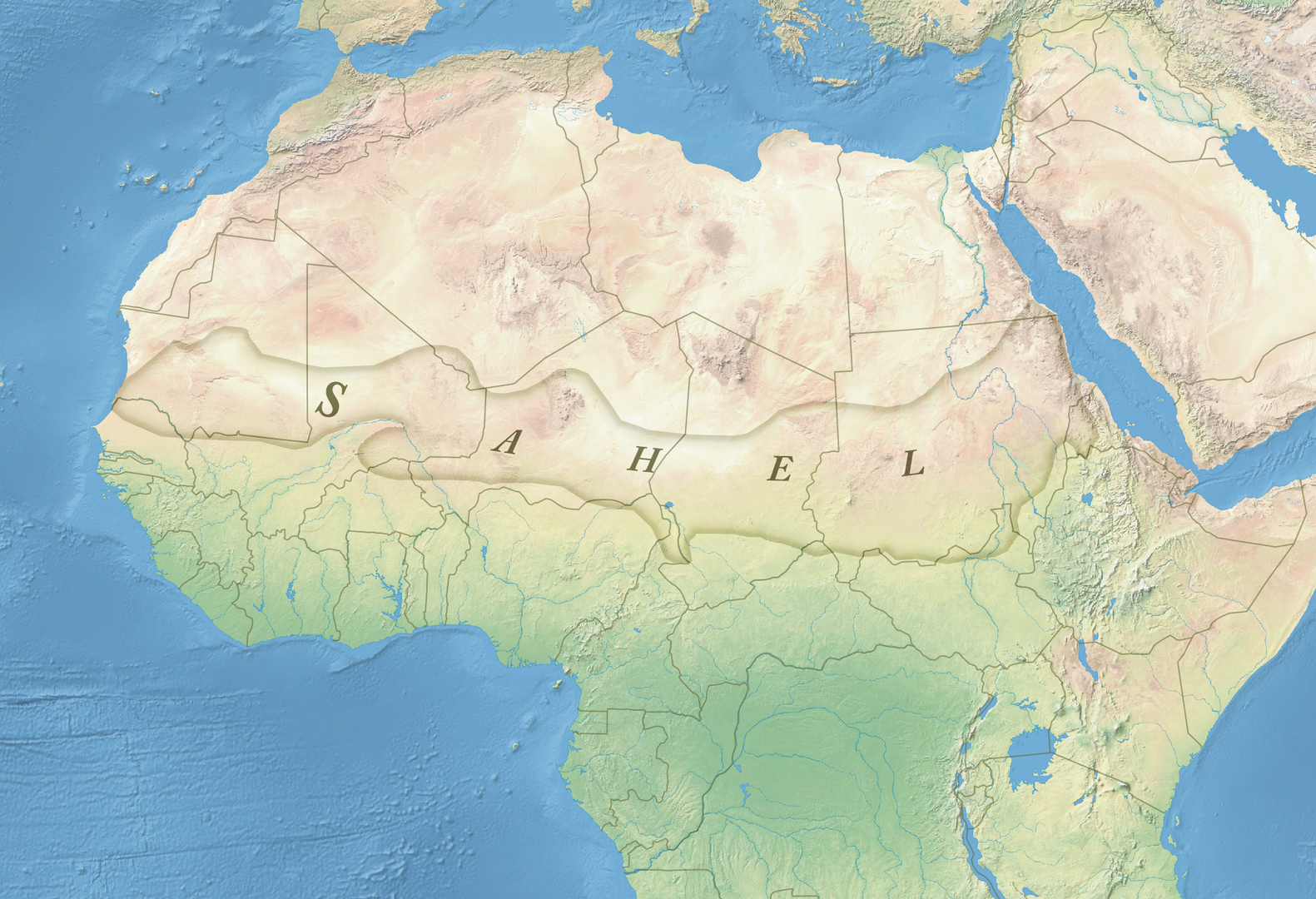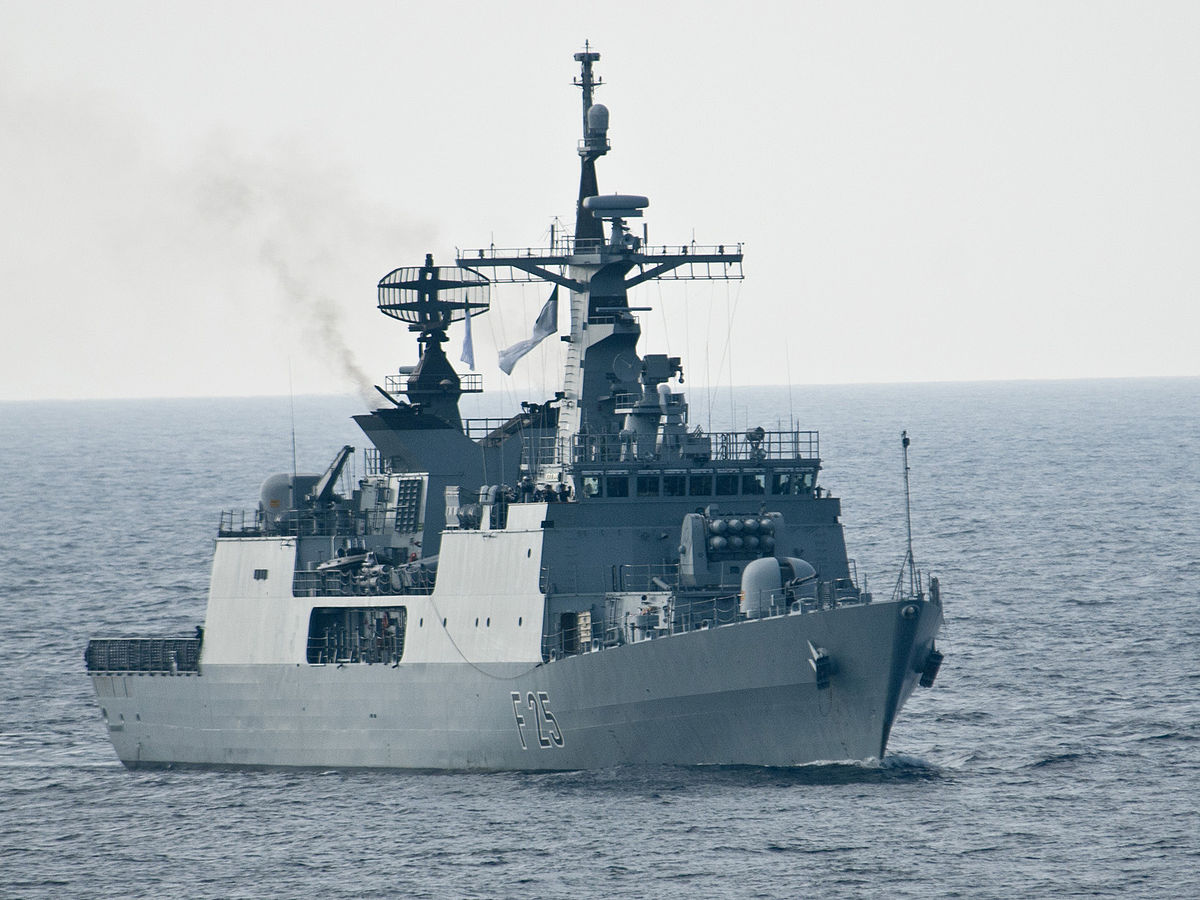In March 2006, Prime Minister Stephen Harper chose Afghanistan for his first official visit as Prime Minister. In a bold speech to Canadian troops in Kandahar, Harper declared “You can’t lead from the bleachers. I want Canada to be a leader.” In a thinly veiled attack on the policies of the Liberal governments of Jean Chretien and Paul Martin, Harper said Canada was “demonstrating an international leadership role…Not carping from the sidelines.” Likewise, when visiting Canadian troops participating in the Libyan mission, Harper said that “a handful of soldiers is better than a mouthful of arguments.”
As these statements show, Harper and his government pride themselves on beefing up Canada’s hard power assets. Indeed, the Canada First Defence Strategy the Tories released in 2008 is full of criticism of the Liberals’ stewardship during the 1990s. The Strategy blames Liberal neglect for producing a “hollow force,” causing the “overall degradation of the Forces’ equipment,” and resulting in “eroded…preparedness.” At the beginning of the document, Harper declared his intent to revitalize the Canadian Forces (CF) in order to make Canada “a credible and influential country.” This conservative approach was self-consciously opposed to the emphasis Liberal ministers such as Lloyd Axworthy and Paul Martin placed on norms and concepts such as soft power, human security and the Responsibility to Protect. The Tories appeared to share the beliefs of political scientist Kim Richard Nossal, who famously argued in 1998 that Canada needed “not soft power, but power period.” Instead of practicing “pulpit diplomacy” while failing to commit tangible resources, Canada had to revitalize its hard power assets to protect and advance its interests.
However, it is necessary today to go beyond Harper government’s rhetoric and question whether it has effectively revitalized Canada’s hard power capabilities by considering Nossal’s four pillars of statecraft: military, diplomacy, development, and intelligence.
Certainly, Harper has not been lacking in his efforts to strengthen intelligence, as the burgeoning budget and capabilities of the Communications Security Establishment Canada attest. Admittedly, the Department of Foreign Affairs, Trade and Development (DFATD) have both suffered significant budget cuts. Still, the cuts to development and diplomacy must be put in the context of Harper’s foreign policy priorities. The Prime Minister has emphasized trade promotion and the negotiation of free trade agreements, and has worked to make DFATD serve these ends, whether rightly or wrongly. These efforts have apparently borne fruit in numerous free-trade agreements, most recently the Comprehensive Economic and Trade Agreement (CETA) with the EU.
It is on the military file that Harper must be judged according to his own rhetoric. Finance Minister Jim Flaherty’s recent budget resulted in the Department of National Defence (DND) losing $3 billion earmarked for procurement. Admittedly, Minister Flaherty pledges it will be restored four years in the future, arguing that it does not make sense to give the military money that it cannot spend right away. Murray Brewster of the Canadian Press believes, the cuts are a sign of how low DND has fallen in Ottawa’s hierarchy of priorities.
Moreover, the cuts will negatively impact the military, especially in the context of previous Harper defence cuts. The government has already cut the Canadian Forces’ regular budget that covers operations, maintenance, and training, and the results are already evident. The funding for CF-18 fighter jet operations and maintenance was cut by 25%, to give just one example. The delays in procurement will put further pressure on the military, forcing it to spend extra to operate and maintain aging equipment. Thus, for the foreseeable future the military will be increasingly stuck with out-of-date equipment that is poorly maintained and operated by personnel with inadequate training, which will have a damaging effect on readiness.
Furthermore, as numerous analysts point out, even after the long-awaited federal surplus arrives in the 2015-2016 fiscal year, the military will likely continue to feel the budgetary pain. Carleton professor Dave Perry notes that the Harper government’s key priorities are to cut taxes and spend money on domestic programs, which will leave little funding for the military. Moreover, Michael Byers has argued that the government’s stop-and-start moves on procurement have conveniently pushed back the acquisition costs of major systems till after the 2015 election. As a result, it is highly unlikely that the CF will be able to acquire all the systems outlined in the Defence Strategy without an increase in funding.
Of course, like many of its NATO allies the Harper government has faced significant fiscal constraints that inevitably required reductions. However, it has compounded these problems with poor decision-making on procurement. First, the government failed to effectively reform the procurement process, which has resulted in cost-overruns and delays. Secondly, the government’s emphasis on making procurement serve domestic job-creation has significantly boosted costs. As a result, Canada is currently in the unfortunate situation where its military is likely to soon lack the capabilities necessary to fulfill the commitments outlined in the Canada First Defence Strategy, exactly the situation that Harper decried prior to taking office.




